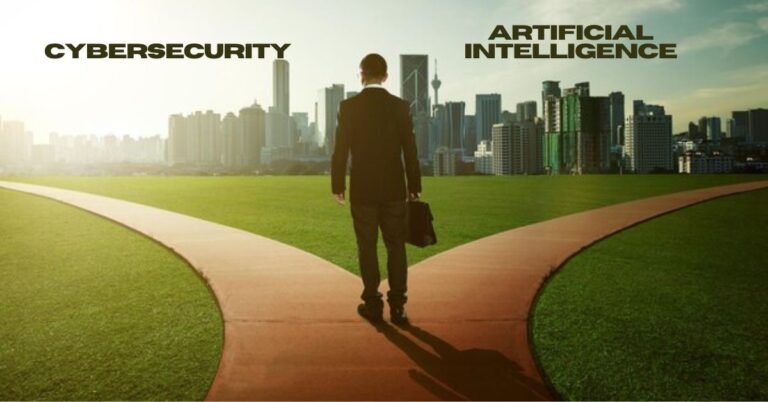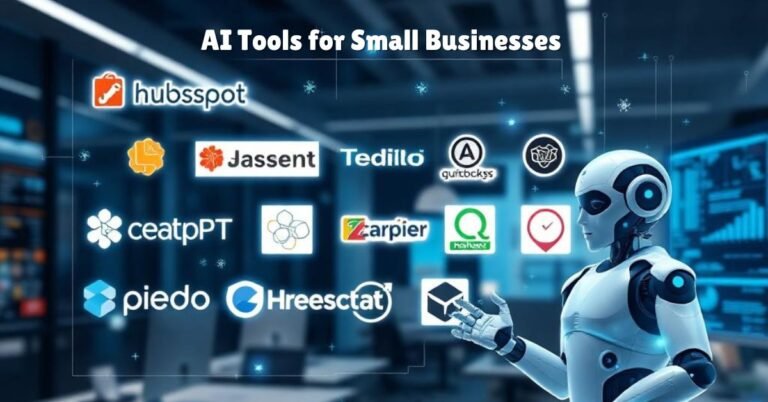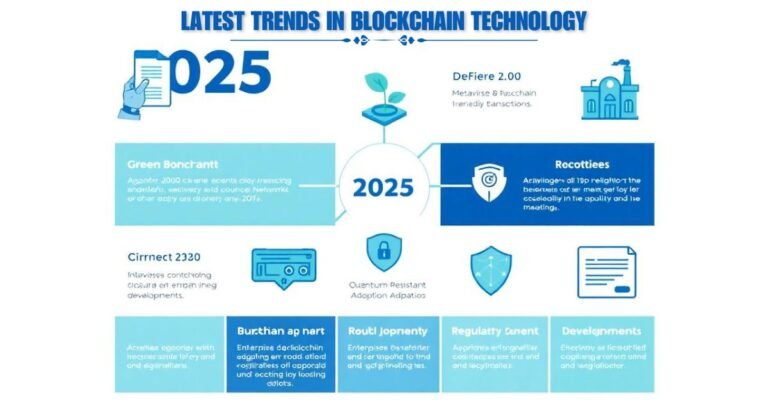Blockchain Technology is advancing quickly, revolutionizing different businesses with upgraded security, simplicity, and efficiency. In 2025, rising Trends such as AI powered smart contracts, quantum-resistant security, and maintainable blockchain arrangements are forming the future. This article investigates the Latest Trends in blockchain Technology and how they affect banks, trade, and computerized ecosystems.
AI-Enhanced Savvy Contracts: Mechanizing Transactions
Artificial Insights (AI) is changing blockchain by making smart contracts more efficient and self-optimizing. AI-driven savvy contracts offer a few advantages:
- Dynamic Adjustment: Contracts alter terms based on real-time information, lessening manual interventions.
- Fraud Anticipation: AI improves security by identifying suspicious movement in transactions.
- Process Computerization: Multi-step exchanges, such as protection claims and supply chain administration, have become seamless.
- Cost Effectiveness: By minimizing human inclusion, AI-powered contracts decrease operational costs.
Companies like Ethereum, Chainlink, and IBM are spearheading AI integration into blockchain systems, guaranteeing contracts are more proficient, dependable, and tamper-proof.
Economical and Green Blockchain Solutions
With rising natural concerns, blockchain Technology is moving towards energy-efficient models. Advancements include:
- Proof-of-Stake (PoS): Supplanting energy-intensive Proof-of-Work (PoW) models to decrease energy consumption.
- Carbon-Neutral Blockchains: Ventures like Algorand and Cardano center on sustainability by offsetting carbon emissions.
- Layer-2 Scaling Arrangements: Advances such as Polygon and Arbitrum improve exchange speeds while bringing down energy use.
Adopting eco-friendly blockchain arrangements is pivotal for standard acknowledgment and administrative compliance.
Blockchain in the Budgetary Segment (DeFi 2.0)
Decentralized Finance (DeFi) is experiencing a critical change, making blockchain-based money-related administrations more secure and user-friendly. Key Trends in DeFi 2.0 include:
- AI-Powered Chance Evaluation: Mechanizing credit scoring and advance endorsements for superior financial inclusion.
- Cross-Chain Interoperability: Permitting consistent exchanges over diverse blockchain networks.
- Institutional DeFi: Expansive monetary teaching is joining DeFi models while guaranteeing compliance with administrative frameworks.
Central Bank Advanced Monetary forms (CBDCs) – Governments around the world are propelling blockchain-based computerized monetary standards to modernize money-related systems.
Blockchain and the Metaverse: A Modern Advanced Economy
The metaverse is a developing computerized economy where blockchain plays a crucial part in securing exchanges and advanced possession. Advancements include:
- NFTs 2.0: Upgraded non-fungible tokens (NFTs) with real-world utilities such as ticketing, character confirmation, and virtual genuine estate.
- Decentralized Independent Organizations (DAOs): community-driven administration models controlling metaverse projects.
- Web3 Personality Arrangements: Blockchain-based advanced characters progressing security and security in virtual spaces.
Platforms like Decentraland, The Sandbox, and Meta are utilizing blockchain to make immersive advanced ecosystems.

Venture Blockchain Selection: Fortifying Trade Operations
Companies are progressively leveraging blockchain for increased productivity, security, and simplicity. Key Trends in endeavor appropriation include:
- Supply Chain Administration: Blockchain upgrades following diminishing extortion and wasteful aspects in logistics.
- Identity Confirmation: Decentralized personality arrangements improve information security in businesses, like keeping money and healthcare.
- Tokenization of Resources: Businesses tokenize real-world resources, counting genuine domain, craftsmanship, and stocks, for less demanding exchanging and fragmentary ownership.
Corporations such as Microsoft, IBM, and Walmart are contributing to blockchain for supply chain optimization and budgetary transparency.
Quantum-Resistant Blockchain: Securing the Future
Quantum computing poses a danger to conventional encryption strategies, making blockchain security a need. Progresses in quantum-resistant blockchain include:
- Post-Quantum Cryptography (PQC): Calculations safe from quantum attacks. If you’re interested in understanding the complexities of AI and cybersecurity, check out Which is Easy Cybersecurity or Artificial Intelligence? to see how these fields compare in terms of difficulty and impact on technology.
- Hybrid Encryption Models: Combining classical and quantum-safe encryption for included security.
- Decentralized Security Systems: Blockchain-based security arrangements moderating future quantum threats.
This guarantees blockchain remains flexible in a post-quantum world.
Administrative Improvements and Compliance
Governments and administrative bodies are progressively centering on blockchain controls to improve security and anticipate monetary wrongdoings. Outstanding improvements include:
- Crypto Tax Assessment Approaches: Clearer assessment rules for cryptocurrency transactions.
- AML (Anti-Money Laundering) and KYC (Know Your Client) Compliance: Stricter directions for blockchain-based monetary services.
- Stablecoin Controls: Governments guarantee stablecoins keep up straightforwardness and money-related stability.
By tending to administrative concerns, blockchain selection can quicken over worldwide markets.
Conclusion
The Latest Trends in blockchain Technology highlight AI-driven smart contracts, maintainable arrangements, and quantum-resistant security. Businesses and financial specialists grasping these developments will pick up a competitive advantage in this advancing advanced scene. With ceaseless headways and administrative clarity, blockchain is set to reshape businesses around the world.










